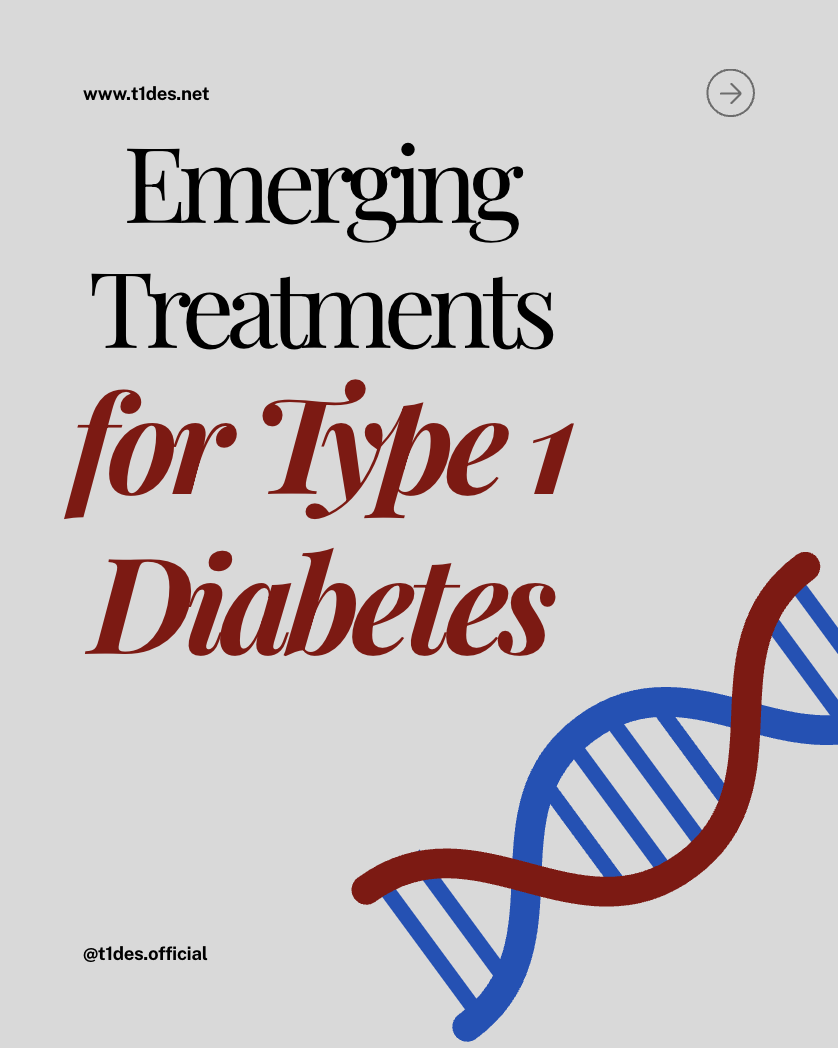Type 1 diabetes (T1D) is a complex autoimmune disease in which the immune system mistakenly destroys insulin-producing beta cells in the pancreas. Without sufficient beta cells, the body cannot produce enough insulin to regulate blood glucose levels, which leads to lifelong dependence on insulin therapy. However, emerging innovations in stem cell therapy, islet transplantation, and mRNA and gene therapy are beginning to shift the narrative, offering hope for restoring natural insulin production and potentially reversing or preventing the disease.
Stem Cell Therapy and Islet Cell Transplantation
Stem cell therapy offers a powerful strategy for replacing lost beta cells. Scientists can now reprogram either embryonic stem cells or induced pluripotent stem cells (iPSCs) into functional beta-like cells that produce insulin in response to glucose. These lab-grown cells can be implanted into patients as a replacement for the damaged beta cells.
Companies like Vertex Pharmaceuticals have made significant strides: 12 patients treated with VX-880, a stem-cell-derived islet cell therapy, showed glucose-responsive insulin production. The key challenge now is protecting these cells from immune attack, which sparked innovation in encapsulation technologies or immune modulation to shield the newly implanted beta cells.
Before stem cells were viable, islet cell transplantation offered hope by isolating insulin-producing islets from donor pancreases and transplanting them into patients. These islets are typically infused into the liver via the portal vein. Once engrafted, they are able to begin producing insulin.
Clinical trials such as the Edmonton Protocol have demonstrated success in reducing or eliminating insulin dependence in some patients. However, this approach has limitations, including the scarcity of donor pancreases, the need for lifelong immunosuppression, and gradual loss of islet function over time. In order to address these challenges, research is focused on optimizing immunosuppressive regimens, including developing xenotransplantation (using porcine islets) and combining islet transplantation with immune tolerance-inducing therapies.
mRNA and Gene Therapy
The most promising treatments involve gene and mRNA-based therapies, which offer the potential to induce immune tolerance. Using mRNA (as seen in COVID-19 vaccines) to encode immune-regulating proteins could help induce immune tolerance to beta cell antigens. Additionally, gene editing tools like CRISPR-Cas9 are being explored to target and modify certain DNA sequences that could affect an individual’s predisposition to type 1 diabetes. Therapies like these could either prevent T1D in at-risk individuals (those with islet autoantibodies) or restore insulin production in those already diagnosed with the condition.
While there is not yet a cure for type 1 diabetes, the combination of regenerative medicine, immunology, and molecular biology is rapidly transforming the future of T1D. From generating new beta cells via stem cells to transplanting islets, science is taking steps towards curing this autoimmune disease.
Sources
Chen, Jiayin, et al. “LNP-MRNA Vaccine Prevents Type 1 Diabetes in Non-Obese Diabetes Mice.” Journal of Controlled Release, vol. 375, Nov. 2024, pp. 513–523, www.sciencedirect.com/science/article/abs/pii/S0168365924006308, https://doi.org/10.1016/j.jconrel.2024.09.020.
Cheng, Yan, et al. “The Promise of CRISPR/Cas9 Technology in Diabetes Mellitus Therapy: How Gene Editing Is Revolutionizing Diabetes Research and Treatment.” Journal of Diabetes and Its Complications, vol. 37, no. 8, 1 Aug. 2023, pp. 108524–108524, https://doi.org/10.1016/j.jdiacomp.2023.108524.
Shapiro, A. M. James, et al. “International Trial of the Edmonton Protocol for Islet Transplantation.” The New England Journal of Medicine, vol. 355, no. 13, 28 Sept. 2006, pp. 1318–1330, pubmed.ncbi.nlm.nih.gov/17005949/, https://doi.org/10.1056/NEJMoa061267.
Shapiro et al., “Islet Transplantation in Seven Patients with Type 1 Diabetes Mellitus Using a Glucocorticoid-Free Immunosuppressive Regimen,” N Engl J Med 2000.
“Vertex Announces Positive Results from Ongoing Phase 1/2 Study of VX-880 for the Treatment of Type 1 Diabetes Presented at the American Diabetes Association 84th Scientific Sessions | Vertex Pharmaceuticals.” Vertex Pharmaceuticals, 2024, investors.vrtx.com/news-releases/news-release-details/vertex-announces-positive-results-ongoing-phase-12-study-vx-880.

Leave a Reply